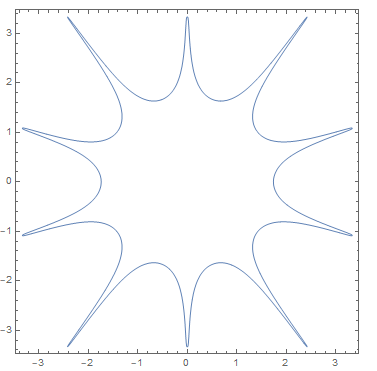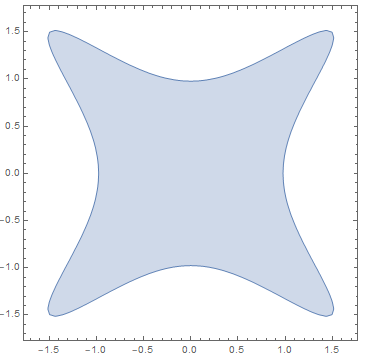For any $d_*\in(0,1)$ and any real $D>0$, let $\mathcal P_{n,d_*,D}$ denote the set of all polynomials $p(x)=\sum_{j=0}^n d_j x^j$ such that $d_n\ge d_*$ and $\sum_{j=0}^n|d_j|\le D$.
Then it is not hard to see that there is a real $c_*(n,d_*,D)>0$, depending only on $n,d_*,D$, such that
for any polynomial $p(x)=\sum_{j=0}^n d_j x^j$ in $\mathcal P_{n,d_*,D}$ and for all real $c\ge c_*(n,d_*,D)$ the equation $p(x)=c$ has exactly two roots $x_\pm:=x_\pm(c)$ such that $x_-<0<x_+$ and, moreover,
\begin{equation*}
x_\pm=\pm\Big(\frac c{d_n}\Big)^{1/n}-(1+o(1))\frac{d_{n-1}}{nd_n} \tag{1}
\end{equation*}
uniformly over all polynomials $p(x)=\sum_{j=0}^n d_j x^j$ in $\mathcal P_{n,d_*,D}$ (as $c\to\infty$); here and in the sequel the asymptotic relations are for
$$c\to\infty,$$
unless otherwise specified. This
This uniformity can be obtained by refining this reasoning.
Moreover, without loss of generality (wlog), for
\begin{equation*}
\text{for all $p\in\mathcal P_{n,d_*,D}$ and all real $c\ge c_*(n,d_*,D)$ we have $p'(x_\pm)\ne0$.} \tag{1.5}
\end{equation*}
Indeed, because (1) holds uniformly over all $p\in\mathcal P_{n,d_*,D}$, wlog
\begin{equation*}
|x_\pm|\ge\Big(\frac cD\Big)^{1/n}-2\frac D{nd_*}\to\infty, \tag{1.6}
\end{equation*}
so that $|x_\pm|\to\infty$ uniformly over all $p\in\mathcal P_{n,d_*,D}$.
Also, taking any polynomial $p(x)=\sum_{j=0}^n d_j x^j$ in $\mathcal P_{n,d_*,D}$ and realwriting $c\ge c_*(n,d_*,D)$$p'(x)=\sum_{j=1}^n d_j jx^{j-1}$, we havesee that for $p'(x_\pm)\ne0$$|x|\ge1$
\begin{equation*}
\frac{|p'(x)|}{|x|^{n-1}}\ge nd_n-\sum_{j=1}^{n-1} |d_j| j|x|^{j-n}
\ge nd_*-n D |x|^{-1}\underset{x\to\infty}\longrightarrow nd_*>0.
\end{equation*}
So, by (1.6), wlog (1.5) holds indeed.


